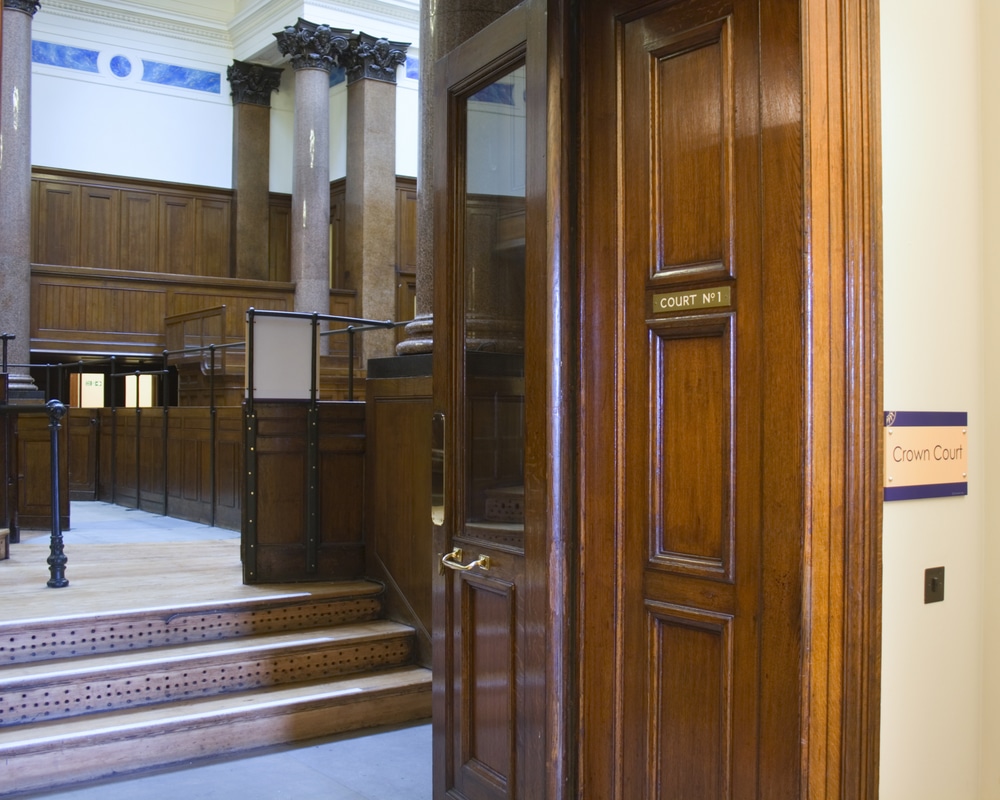
Since March 2018, in an attempt to improve the efficiency of employment tribunals in the UK, the government has been piloting the use of video hearings in tax tribunal hearings. The purpose of fully video hearings, where appropriate, will help courts and tribunals take advantage of latest technologies in extending justice to significantly more people.
While the implementation of video links will help save time and expenses, it will also enable vulnerable witnesses to open up and give their testimonies confidently, thus making the service both efficient and accessible.
The pilot scheme tested the processes and technology that will allow tribunal hearings to use video, where deemed necessary by the judiciary. The results of the pilot were evaluated by an independent evaluator from the London School of Economics.
The Evaluation
The pilot comprised eight case hearings deemed worthy and focused on the participating individual’s experience in the process. As expected, the pilot results showed that overall, people reported high levels of satisfaction with the video hearings, mainly due to the practical advantage of not having to commute to a physical court.
Moreover, the participants of these hearings reported that the process itself was clear, user-friendly, easy to navigate, and formal enough to keep the integrity of the court in place.
Even though almost all hearings experienced unforeseen delays due to minor technology fails such as wifi dropping out, these problems were quickly resolved and ensured that participants were effectively involved.
Overall, it was found that:
- video hearings are a potentially convenient option for people
- the government needs robust hardware and better tech knowledge to improve the efficiency of the project
The Use of Fully Video Hearings
Usually, hearings held in criminal the Crown Court, for example, always involved the key parties being physically present in the courtroom. With fully-video hearings, however, the physical presence of the participating parties would not be necessary, and the courtrooms will be able to function with higher speed and efficiency.
For example, whenever the courts discussed case management issues, it was obligatory for the legal professionals to attend. Therefore, all personnel were required to travel from their offices to the court premises.
On the other hand, if these hearings were fully video, it would mean that all concerned legal professionals could attend them easily, without much hassle.
Overall, entirely video hearings would mean:
- less travel
- less time off work
- an easier job to arrange for childcare
- better accommodation of disability and other needs
Safeguards Required to be in Place
Judicial discretion is crucial to make fully video hearings work. Therefore, it will always be the judge, who will decide whether the option of video hearing is feasible and ensure that the interests of justice are kept in mind.
All cases that come up to the courts or employment tribunals are different. Further, the nature of the hearings varies, depending on the jurisdiction and other factors. Thus, it is crucial that the tribunals identify any issues that would make video hearings, an inappropriate option for a given participant.
For example, if a case involves wrongful dismissal of an individual by their disability, it would be beneficial if the tribunal to consider a full video hearing in this scenario. Therefore, discretion is an important safeguard to ensure the effective use of technology and the legal system.
The Scope of Fully Video Hearings
As part of long-term planning, the UK government estimates the potential future use of both fully video hearing (where all parties join via video) and video enabled hearings (where one or more key participants join via video).
The working estimate is that approximately one-fifth of all civil hearings and less than one-tenth of family cases could benefit from the use of video hearings. On the other hand, the figure for employment tribunals could be smaller. However, the UK government expects to deal with many cases using continuous online resolution.
It is important to remember here that the figures for video hearings include preliminary and progress hearings. Therefore, these predictions should be considered as planning estimates, rather than forecasts or aims.
What to Expect?
The government should fundamentally continue to explore ways to make justice accessible to ordinary people and so, leveraging modern-age technologies, such as, video hearings are a definitive step forward in the right direction.
As of 2018, the UK government plans to work closely with courts, employment tribunals, police and the Crown Prosecution Service (CPS) on options for comprehensive use of fully video hearings.
Our Employment Law Solicitors can assist with all types of claims. Naturally, we pride ourselves on providing the best possible service to the highest standards, we can provide free employment law advice on all problems.
Call us on 020 3835 3940 or 020 3835 3940

